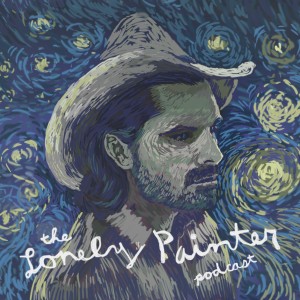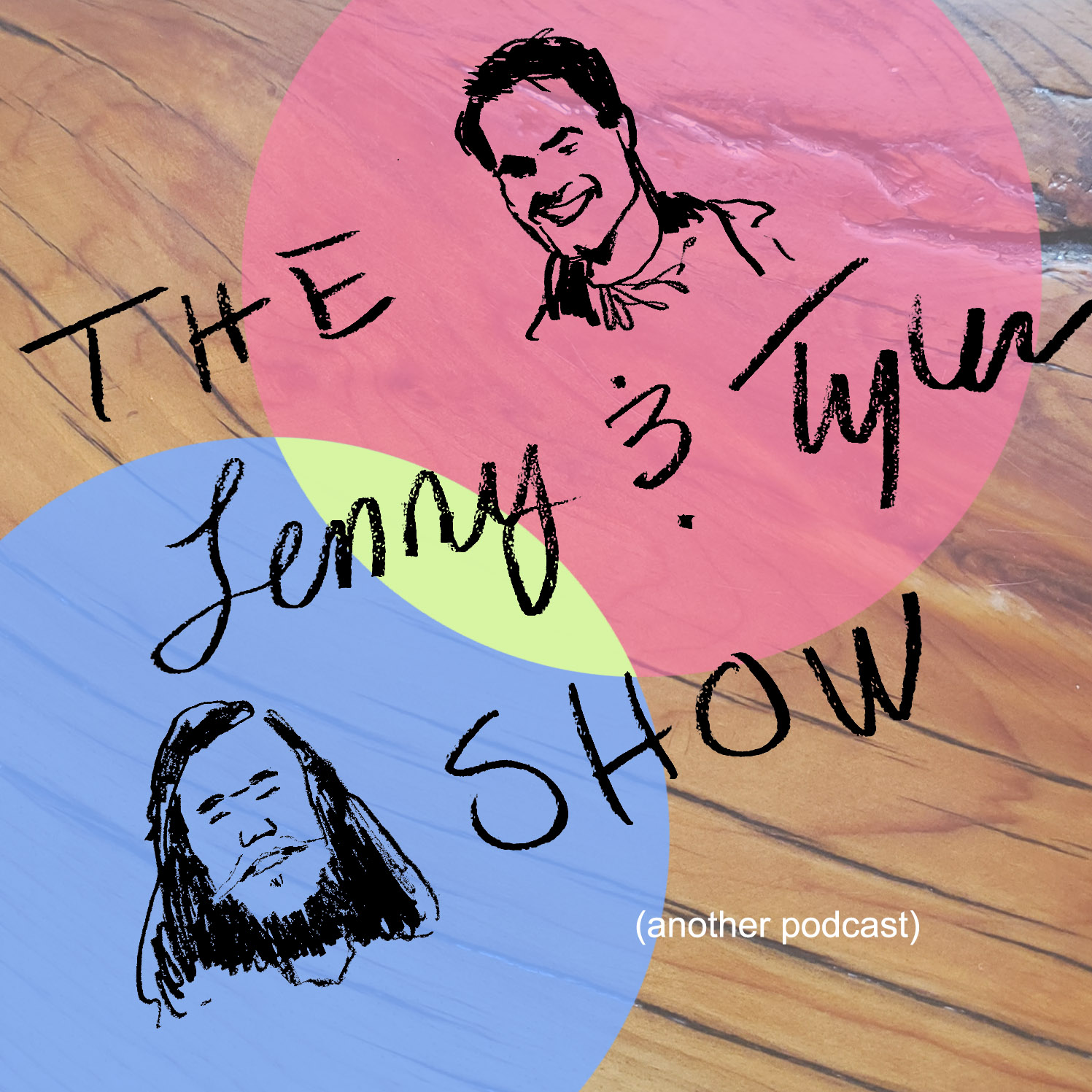Episodes

Thursday Apr 11, 2019
Anti Wisdom
Thursday Apr 11, 2019
Thursday Apr 11, 2019
Why do we fall so far short of human fulfillment?
"We fall away from what we could be, namely united in love through justice and truth, because we want to draw the whole world into ourselves and our finite reality. And this is the old doctrine of the paradise story, '...you will be like God,' that’s the temptation."
-- Paul Tillich
"Wisdom is pagan!" -- Slavoj Zizek
Why I am opposed to wisdom teachers
The apostle Paul’s writings are, according to most scholars, the closest we get to the historical Jesus. Paul writes that he preaches only Christ crucified. It’s as if what Jesus the man said and did while alive was of little interest to Paul. Paul never knew Jesus in the flesh like the disciples and others did, and so I can’t help but wonder why he’s not interested in the words and actions of this man whom Paul had come to believe was the Christ. Based upon his writings, I can’t help but think that for Paul there must have been something far more profound in what the notion of Christ crucified means for humanity -- that this act was far more important than Jesus’ words and miracles. Why?
I hear friends that are worn down in the grind of life express how burnt out they are. The words, “I kill myself, and kill myself, and kill myself,” are suspect to me lately. For I have a sneaking suspicion: What if the point of the bible, God’s covenant with Israel, Christianity, and the idea of Christ crucified is to show us the impotence of our sacrificing and it’s inability to bring about the arrival of whatever ideal future we strive for and always miss? What if the point of Christianity is to break this frenetic obsession and belief in this form of destructive sacrifice? We think “if only this thing were different, if only they weren’t here, if only I had this one thing … then everything would be great.” ... “I’ll be happy when...” Such thoughts fail to recognize the radical saving grace of Christ crucified.
The reality and insistent nature of death was once felt far more than we now experience. “...Here hung the lips that I have kissed I know not how oft.” - Hamlet says while holding the skull of Yorick, his father’s old court jester. It’s been a while since I’ve held the skull of someone I once knew. The people of old experienced the wonders and horrors of nature and felt the anxiety of fate and death. They lived pondering the enigmatic nature of their world. Floods, droughts, disease, heartache, and inexplicable calamities of all kinds cause humans to ask, “why?” We seek meaning from such incomprehensible effects, and in this unknowing we look around for a cause. We offload, finger point, analyze, project, scapegoat and kill something or someone in the hopes that a better future is just around the corner. It is for us most difficult to abide God’s silence.
Fearing God’s wrath, the people of old sacrificed goats and slaves, and virgins, and children desperately seeking to appease God for hope of better days to come. Have we in 2019 come any further? Or do we throw ourselves and others against the sacrificial wall, seeing what latest diet, guru, and wisdom sticks around the longest? Do we not still point to various groups of people believing everything would be better if they weren’t here … or everything would be great if they could just see things the way I see things ... if they’d just believe how I believe? Despite the insistence upon meditation or the newest fad in self help the words, “I kill myself, and kill myself, and kill myself,” ring on.
Christ crucified breaks apart the need for scapegoats, gurus, and rules for life and thus is radically anti wisdom. Any prescription that overlooks this beautiful gift and sends a person on a path to self fulfillment by way of additional striving is idolatrous and is akin to the serpent’s lie and our subsequent temptation to be like God.


No comments yet. Be the first to say something!